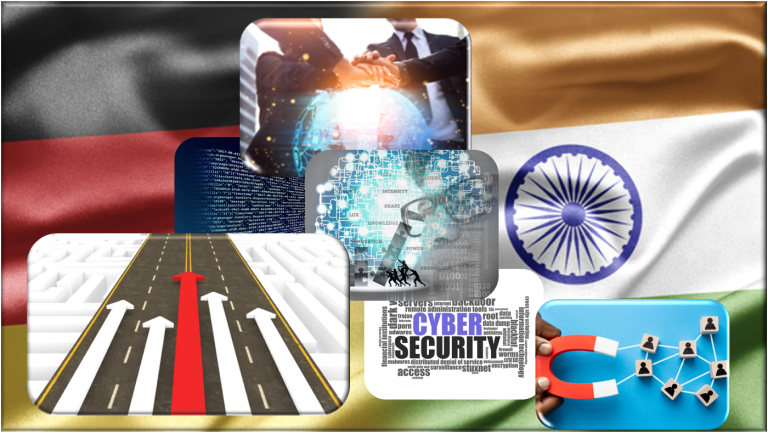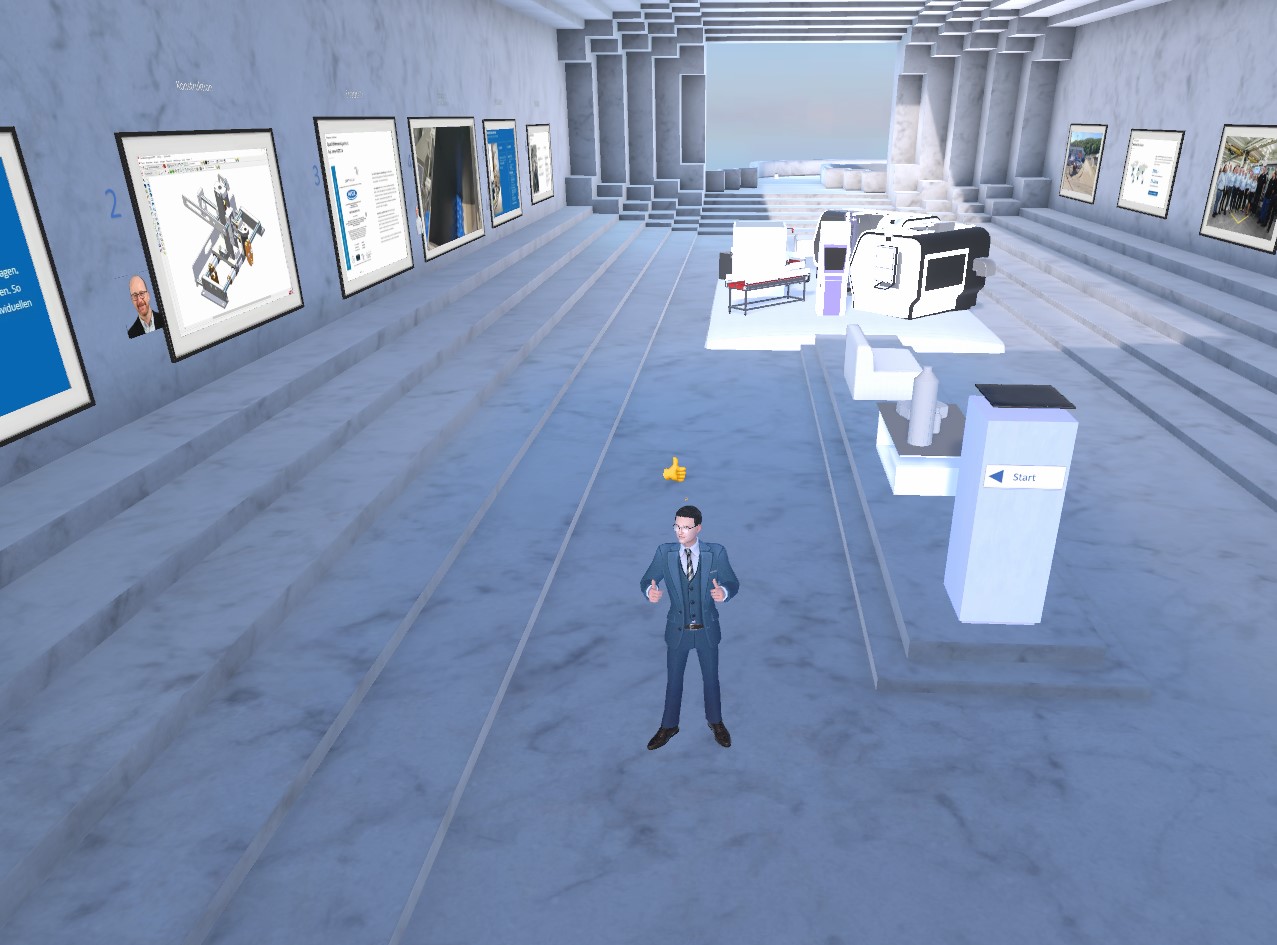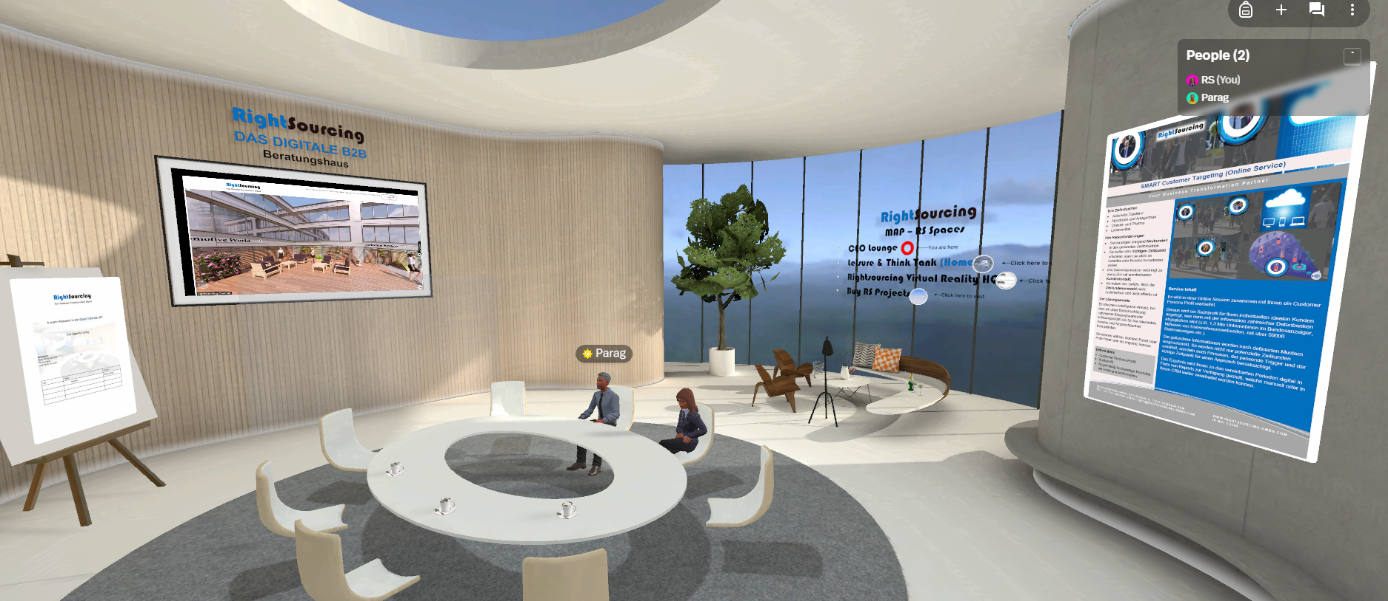Zusammenarbeit mit Indien
Nationale Champions gehören der Vergangenheit an - Neelie Kroes, EU-Wettbewerbskommissarin
Wir helfen mit unserer Expertise in maßgeschneidertem Aufbau von Offshore-Einheiten für IT und Engineering. Spezialisiert auf Geschäftsprozessoptimierung und interkulturelle Kompetenzen für nachhaltigen Erfolg.

Herausforderungen
In Deutschland stehen Unternehmen vor einer Reihe von Herausforderungen, die ihre Wettbewerbsfähigkeit beeinträchtigen. Der Fachkräftemangel ist ein zentrales Problem, das viele Branchen betrifft. Die Suche nach qualifizierten Mitarbeitern gestaltet sich zunehmend schwierig, da die Anforderungen an Fachkräfte steigen und geeignete Kandidaten knapp werden.
Darüber hinaus kämpfen Unternehmen mit Ausbildungsdefiziten, insbesondere in technischen Bereichen wie IT und Engineering. Die Lücke zwischen den Anforderungen des Arbeitsmarktes und den Fähigkeiten der Absolventen führt zu einer Diskrepanz, die die Rekrutierung und Entwicklung von Talenten erschwert.
Nicht zuletzt belasten die hohen Kosten in Deutschland Unternehmen aller Größenordnungen. Die Mieten, Lohnkosten und Steuern können erheblich sein und die Gewinnmargen beeinträchtigen. Diese Herausforderungen machen es Unternehmen zunehmend schwer, konkurrenzfähig zu bleiben und langfristig erfolgreich zu sein.
Ein großer Enabler zur Lösung der beschriebenen Probleme ist die Auslagerung und der Aufbau von Geschäftseinheiten nach Indien.
Lösungsansatz
Unsere Expertise liegt in der Unterstützung von Unternehmen aus den Bereichen IT und Engineering beim Aufbau ihrer Offshore-Einheiten. Von der Konzeption bis zur Umsetzung bieten wir maßgeschneiderte Lösungen, die den individuellen Anforderungen unserer Kunden gerecht werden. Unser Ziel ist es, Ihnen von einzelnen Bausteinen bis hin zu einer Komplettlösung zu bieten, die nahtlos in Ihr Unternehmen integriert werden kann und Ihnen langfristig Mehrwert bringt.
Wenn Sie bereits eine Offshore-Einheit betreiben und Verbesserungspotenzial erkennen oder mit Herausforderungen konfrontiert sind, stehen wir Ihnen ebenfalls zur Seite. Wir helfen Ihnen dabei, interne Geschäftsprozesse zu optimieren und effizienter zu gestalten, um Ihre Ziele schneller zu erreichen.
Darüber hinaus unterstützen wir Unternehmen, die langfristig ihre Geschäftseinheiten transformieren möchten. Unsere Dienstleistungen zielen darauf ab, interkulturelle Kompetenzen und Zusammenarbeit nachhaltig zu verbessern, um das volle Potenzial Ihrer Offshore-Einheit auszuschöpfen.

Zielspezifisches Kennenlernen unserer Angebote
Was sind Ihre größten Herausforderungen in Bezug auf Ihre Internationales Business
oder anders gefragt:
"Wenn alles möglich wäre, was möchten Sie mit Hilfe externer Unterstützung erreichen?"

Offshorecenter in Indien aufsetzen
Unsere Angebote zum Aufsetzen eines kundenspezifischen Offshore-Centers. Von der spezifischen Untersützung bis zur Komplettlösung einschließlich dem Eigentumsübergang der Offshore-Einheit.
Verbesserung der interkulturellen Kompetenzen und Interkulturellen Verhandlungen
Unsere Angebote konzentrieren sich darauf, die interkulturelle Kompetenz und die Fähigkeit zu interkulturellen Verhandlungen zu verbessern.
Die Organisationskultur meines Unternehmens besser verstehen
Unser Angebot speziell für das Management von Unternehmen, Ihre Organisationskultur zu verstehen und branchenspezifisch einzuordnen.
Verbesserung von Geschäftsprozessen vor dem Hintergrund interkultureller Unterschiede
Unsere Angebote zur Optimierung interner Geschäftsprozesse vor dem Hintergrund interkultureller Unterschiede. Speziell für Engineering- und IT-Unternehmen, die im Maschinenbau und in der Automobilzulieferkette tätig sind.














